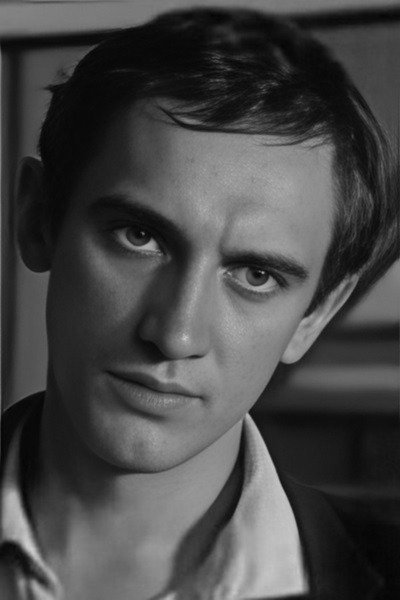
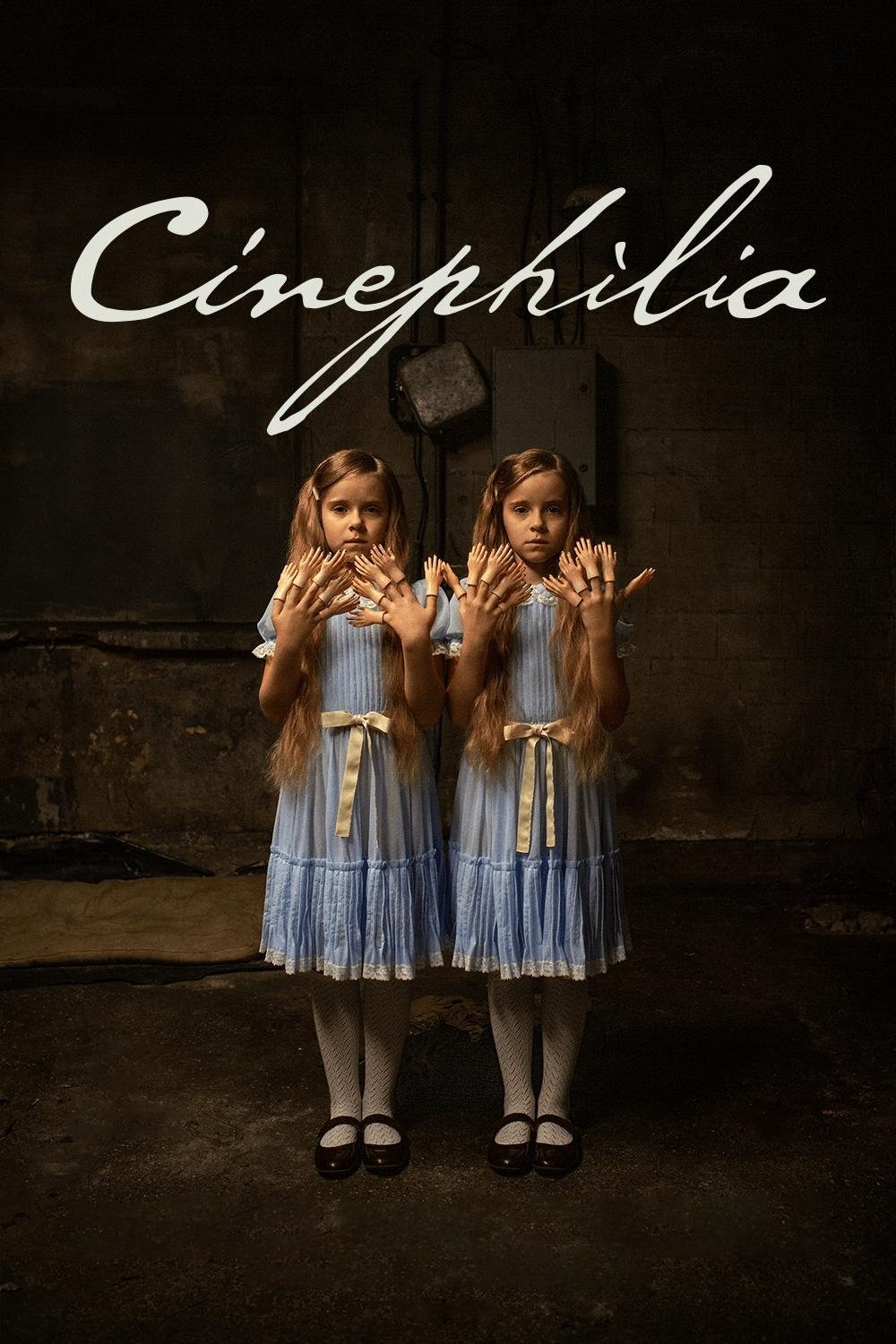
With gentle irony, “Cinephilia” unmasks the illusion of film. Characters migrate through the worlds of reality and fantasy, in circumstances that paradoxically have no questions or answers. The two moons of Lars von Trier shine in the night sky, entrancing the main heroes, Roland and Isabel. Roland rents himself a room where he winds up in situations reminiscent of the plots found in Franz Kafka’s “The Trial” or Roman Polański’s “The Tenant”. A guy visits Roland, claiming that they known each other, and offers him a lot of money to film his suicide. There begins a kaleidoscopic sequence of events and random acquaintances. They make the characters wander through the worlds of reality and fantasy, sometimes both at the same time. A dark comedy that tells nine related stories in which the fates of the characters intertwine.
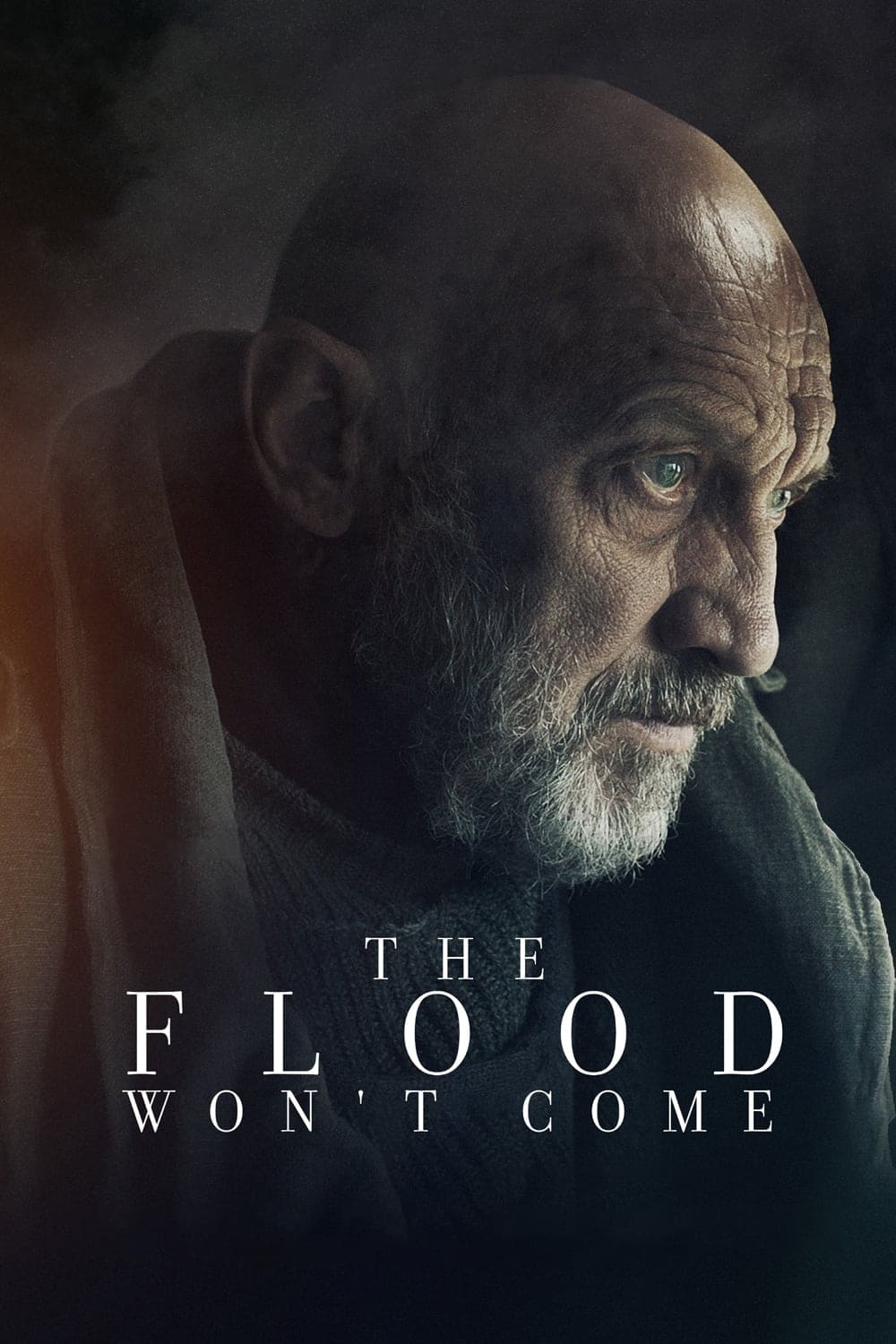
A blue screen informs that war has begun. What will be needed? Collect the men, find guns, or maybe someone will give them. We need a location, a country where the war would take place. No problem, the Colonel is a real pro, he has caused wars to order, or on orders, on multiple occasions in different countries. Now his followers have grown up and caused a war in his country. He doesn’t want to, but he has to fight. He is old and tired of war. He wants to be at the table with a steaming pot of tasty mutton ribs and stare at an innocent TV screen with the news on, and the dressed-up news reporter announces that the war has begun.

During the interwar period, a Lithuanian geography professor tries to convince the government to establish a backup state overseas, in order to save their country from ruin. However, the idea is mostly mocked and opposed. Still, there is hope in the secret support from the elderly prime minister, who has become disillusioned with politics.
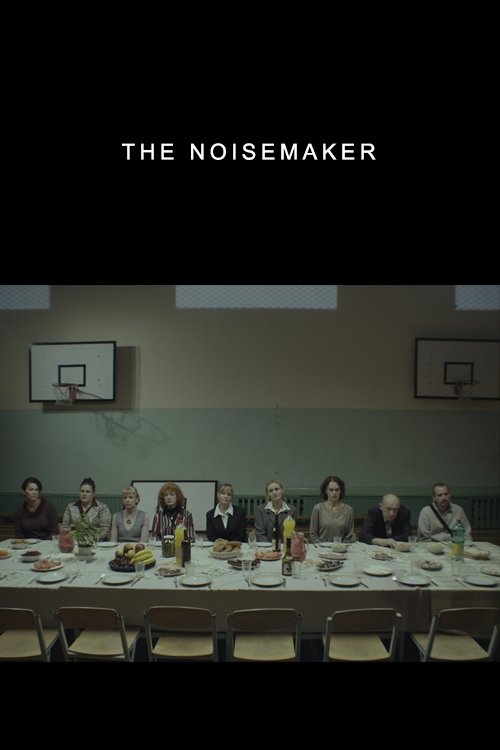
A provincial school is waiting for an official delegation from the Ministry who is supposed to bring a new bell. But a bell is not what the school needs... Struggling to survive, the institution is currently lacking the two pupils required by governmental quota in order to stay open. Anticipating the arrival of the delegation, the principal tries his best to hide the real number of students to avoid the unavoidable closing down of the school.
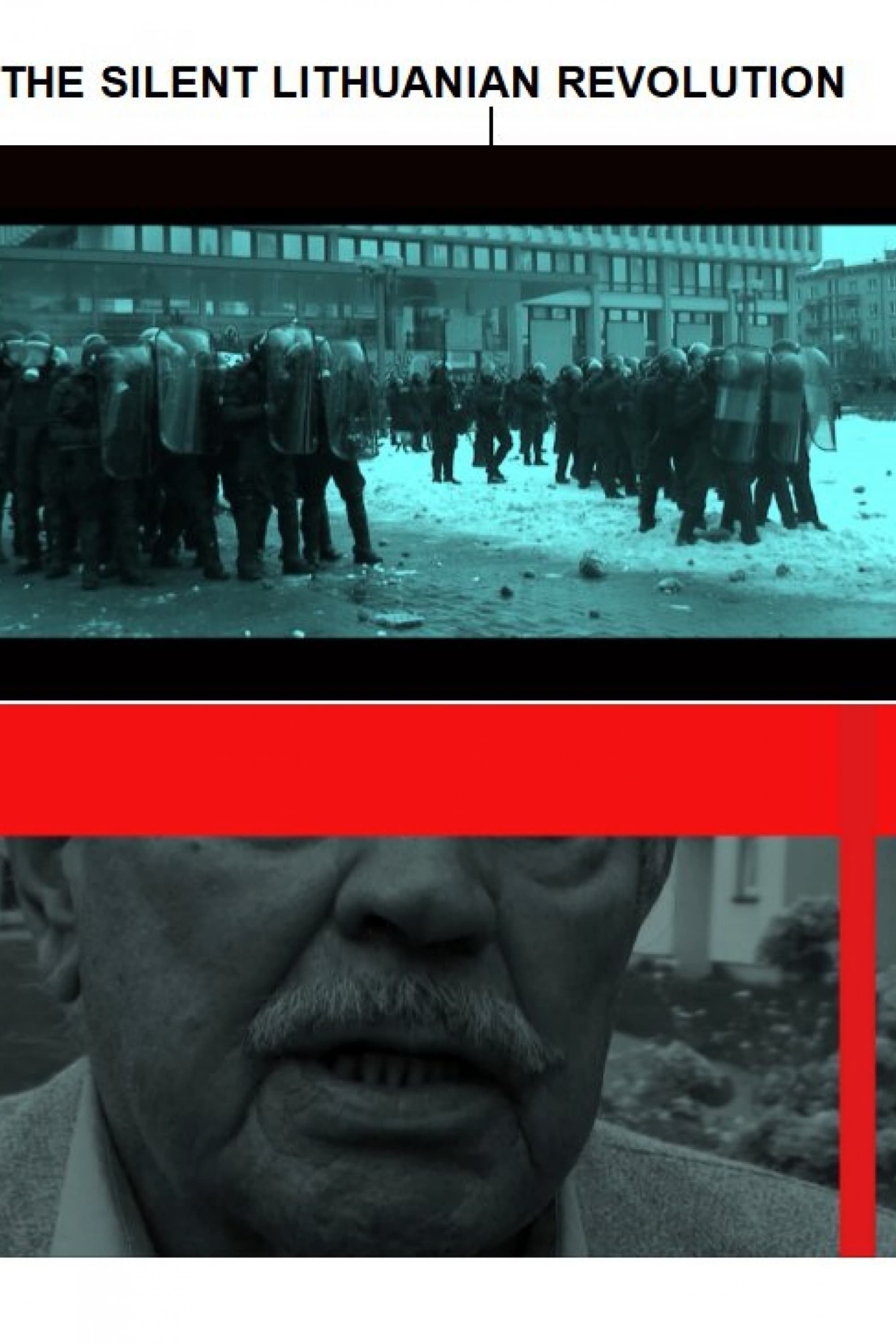
The revolution in Lithuania has already started, but no one knows who announced it and who is leading it. The action is not taking place somewhere far away, but here in Lithuania and now. The characters of the film themselves turn into creators and shape the further course of events.
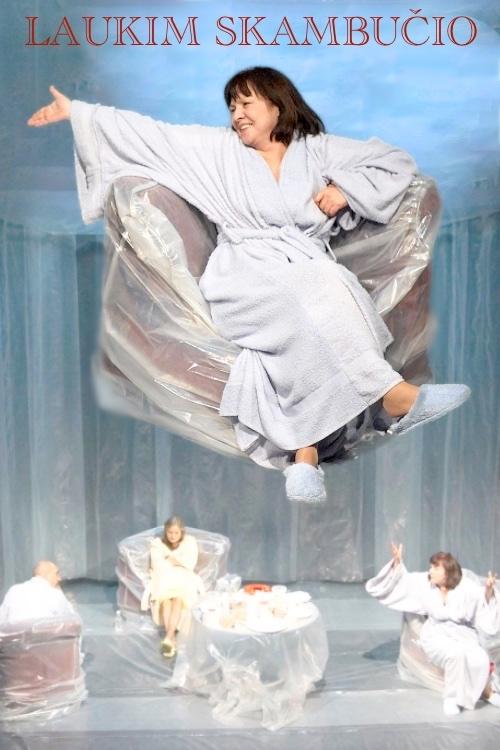
The appearance of a second telephone line at home shakes the closed world of mother, father and daughter.
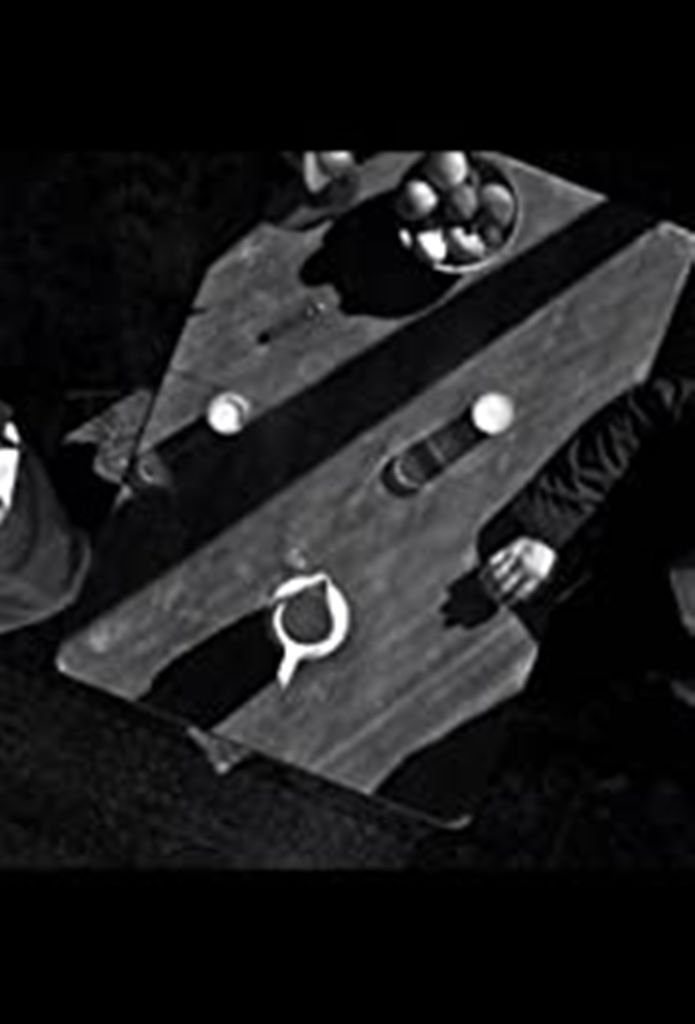
The film portrays the junction of two individuals: a lonely old man and a young woman, subconsciously joined in a single dream space. The different manifestations of the archetype Anima act as an ally between the unconscious 'self' and the conscious 'I'. Anima, both a Virgin Mary and a whore, expose the intimate conception of women, hidden inside the mind of the lonely man. While, simultaneously appearing in the women's subconsciousness as a mysterious and charming lover, a father figure, a professor or a saint, illuminating her perception of men. Anima, as many archetypes, possess a duality which allows it to have both a positive and negative influence.

A story about the first childish sin: the first attempt to defeat the enemy, to walk a forbidden road and to revenge.
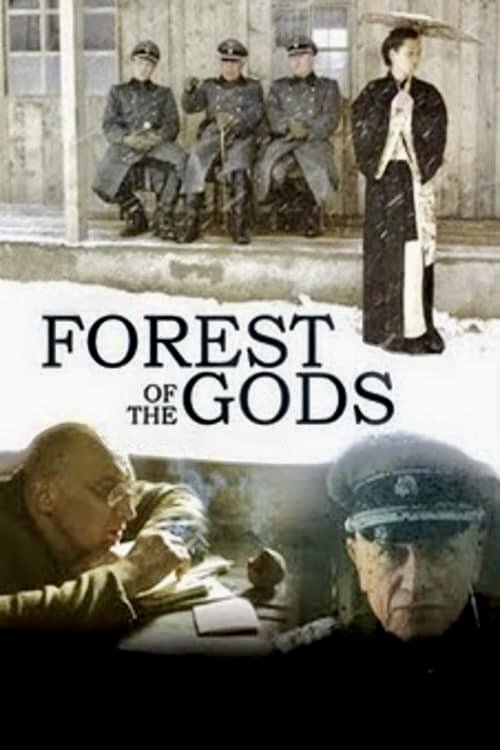
The story about one man - an artist and an intellectual - who was imprisoned by two brutal regimes, the Nazis and the Soviets. 'The Professor' is a man who lives by his own personal version of the Ten Commandments. After miraculously surviving imprisonment in a Nazi concentration camp through a bit of ironic fate, he writes a memoir of his life, which becomes the target of the Soviet censors. The so-called "freedom" of Communism becomes just as oppressive as the German concentration camp.
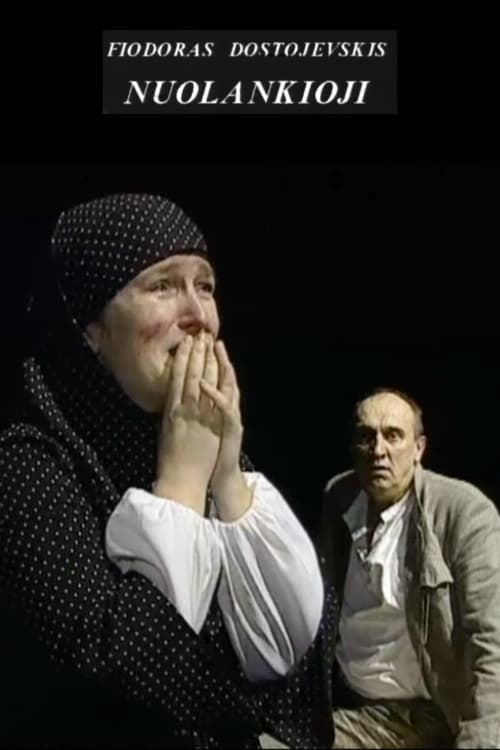
The already middle-aged Moneylender tells the story of his love for a young lady, poor but proud.
By browsing this website, you accept our cookies policy.